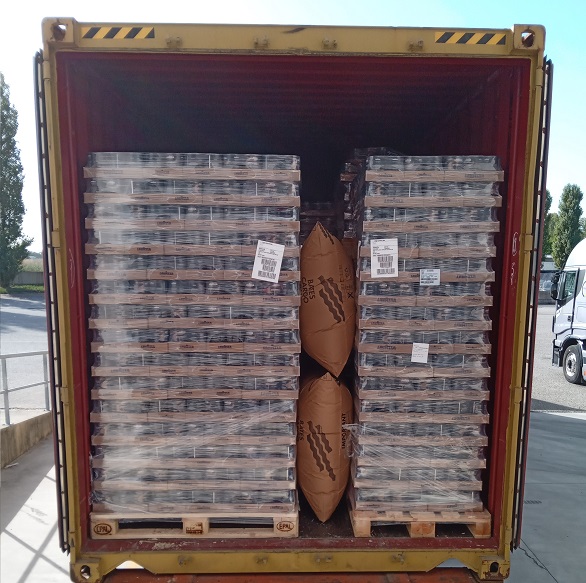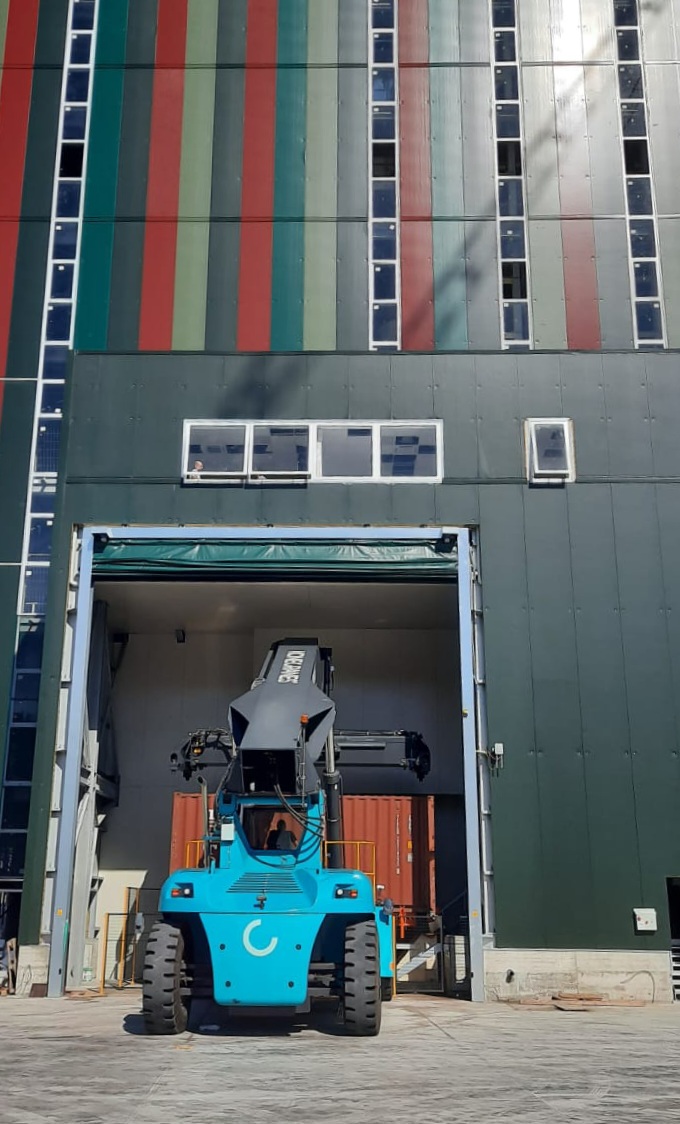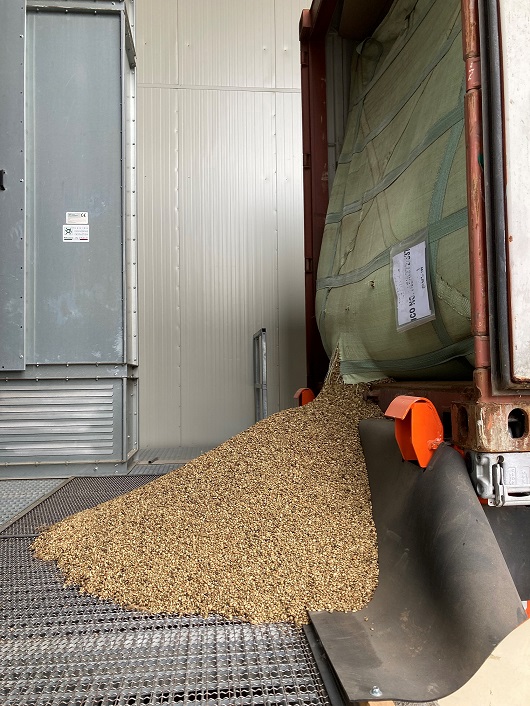
CASE STUDY
Lavazza Group: lets talk about coffee and logistics on the Genoese docks of PSA Italy
The Lavazza Group is one of the main protagonists on the global coffee scene, active in all business sectors, present in 140 markets with eight production facilities in 5 countries, and over 4,000 employees worldwide. Lavazza makes substantial use of maritime transport for importing raw coffee and exporting its finished products, thanks to a consolidated network of collaborations, which includes the PSA Italy terminals.
Several Lavazza Group’s managers took part in a guided tour of PSA Italy’s terminal in Genoa, i.e. PSA SECH and PSA Genova Pra’.
The visit has been organized by DB Schenker, one of the world’s most prestigious logistics operators. During the terminals tour, numerous topics regarding the functioning of the maritime terminal were looked at, which raised various points and improved knowledge of the needs and opportunities for all parties. On this occasion we had the chance to speak with Matteo Bianchi, Procurement Logistics Manager in the Coffee Buying Department of the Lavazza Group.

Which are the main import markets for your products?
We import from all the coffee producing regions of the world. The main countries are Brazil and Vietnam, which are also the main producers. We also import from Central America, South America, East Africa, India and Indonesia. The coffee production line is one of the most complex and fragmented: 95% of the world’s production comes from 25 million small growers, about 12.5 million farms situated in over 40 coffee growing countries. Over 80% of these farms are smaller than two hectares and are family-run.
What are the main export markets?
Our product is present throughout the world. In some areas we transport directly, while in other zones transport is dealt with by our customers. Our main markets are the United States, Canada, Australia and Japan. For overseas markets our products travel via sea, while in Europe we prefer road and rail transport. Generally, coffee is not a cargo that travels by air.

Where are your warehouses in Italy?
Our warehouses belong to third parties. We have four main ones: two in the province of Savona, one in the province of Cuneo, and one in the province of Novara. The one in Novara is close to a hub that has a direct rail link with PSA Genova Pra’.
How would you rate the visit to the PSA Italy terminals ?
The visit to PSA Italy’s Genova Pra’ terminal was interesting and educational for our logistics team that normally deals with road transport and our warehouses of finished product. Immersing oneself in the operations of a container terminal means becoming aware of all aspects of the world of container transport with regard to our supply chain, which differs from the normal truck transport, but which should be taken into consideration for our daily operations. Spending time with some of the sectors employees was also important for making one feel fully part of the operations, and offered a useful occasion for team building. And then there is Genova, so beautiful and rich in history. Special because it is concentrated on a strip of land between the sea and mountains, where one must be even more astute in order to guarantee optimal operability.

Sustainability as the principal guide in company strategy is common to both the Lavazza Group and PSA Global: how can one work towards more sustainable logistics?
The main source of emissions for a coffee roaster is the growing of the coffee itself: the agricultural dimension. This is not easily controlled by us, but is preponderant as regards emissions. Regarding logistics, we collaborate with the most innovative companies in the sector and are always open to finding solutions that reduce the impact of moving merchandise.

What requests do you make to your partners in terms of ethical approach, certification and a sustainable vision?
We ask all our suppliers to accept and sign our code of ethics. An approach to business based on correctness and fair play between those involved are very important to our group. Certification depends on the various spheres. The navigation companies with which we work already have the highest certifications in this sector.